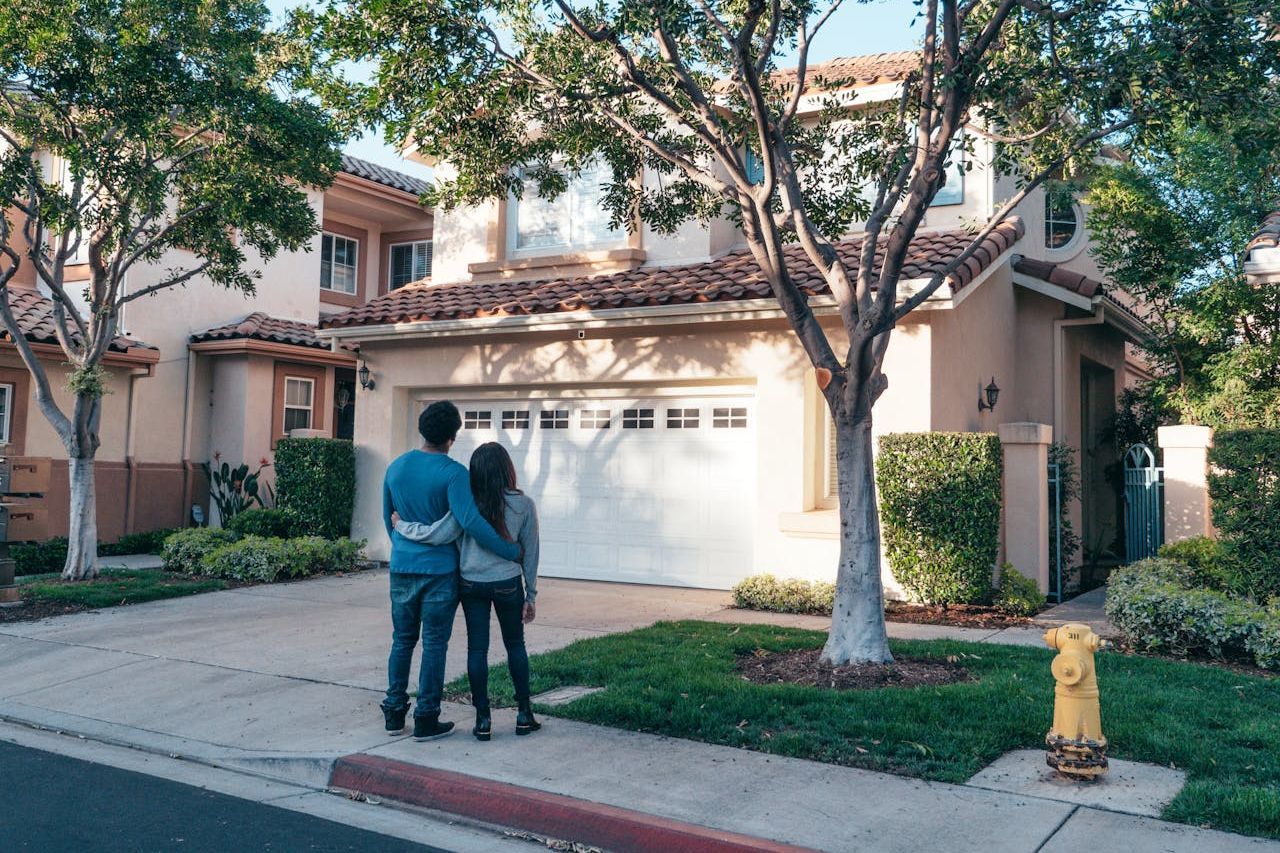
Making the move from renter to owner in the same HOA brings more than just a change in your address. Your role in the community shifts, along with new responsibilities and opportunities. While you’ve lived in the neighborhood before, owning a home means you now have a voice in decisions and a stake in how things run. This article will guide you through what changes to expect and how to adjust smoothly to your new position in the HOA.
Your Role in the HOA Evolves
When you rent, your interaction with the HOA is mostly limited to following the rules set by your landlord or property manager. You usually don’t get a say in how the community is managed or how fees are spent. As a renter, your main focus is on enjoying your home without worrying about the bigger picture.
Once you become an owner, your role changes significantly. You gain voting rights on important community matters, like budgets and rule changes. This means you can influence decisions that affect your neighborhood. Plus, as an owner, you directly pay HOA fees, which help cover maintenance and shared services. This gives you a stronger connection and responsibility toward your community’s well-being.
Moving Within Your HOA Made Simple
When you go from renter to owner in the same HOA, you might stay in the exact same home, just switching your role. But sometimes, people move to a different unit or house within the community. Even if you’re moving physically, staying in the same HOA means you already know many neighborhood rules and amenities. This can make the moving process easier since you’re still part of a familiar community, just with new ownership responsibilities to take on.
If you’re planning a move, it helps to weigh your options carefully. Understanding the pros and cons of DIY moving vs hiring professionals can save you time and money. Take the time to see what fits your needs, so your move goes smoothly and you can settle into your new home with less stress.

Moving from renter to owner in the same HOA can also mean starting fresh in a new home!
New Responsibilities to Keep in Mind
Owning a home in an HOA means you take on more responsibilities than when you were renting. You’ll need to keep up with your HOA fees, which help cover maintenance and shared services. Sometimes, there may be special assessments—extra charges for big projects like roof repairs or landscaping upgrades—that you will be expected to pay.
Besides finances, you’re also responsible for maintaining your property according to HOA rules. This could include tasks like mowing the lawn, fixing fences, or painting the exterior. These rules help keep the neighborhood looking good, but they can feel like extra work. Knowing what’s expected helps you avoid fines or complaints and keeps your home in great shape.
How Your Relationship with the HOA Changes
When you move from renter to owner in the same HOA, your relationship with the HOA becomes more direct and personal. Instead of just following rules, you’ll have the chance to communicate with the HOA board and management. This means you can ask questions, share concerns, and stay informed about what’s happening in your community.
As an owner, you may also be invited to attend HOA meetings or even join committees. This involvement lets you help shape policies and improvements. Plus, you’ll have access to important HOA documents, like budgets and meeting minutes, which renters usually don’t see. Being connected this way helps you feel more part of the neighborhood and gives you a clearer view of how things work.

Going to meetings lets you stay informed and share your input.
Impact on Your Daily Living Experience
Owning a home gives you much more control over your living space. Unlike renting, you don’t need to ask for permission to make changes or improvements. This freedom allows you to customize your home in a way that feels personal and comfortable.
At the same time, owning means you have to follow the HOA’s rules carefully. These rules can cover things like where you park, noise levels, or pet ownership. While some may seem strict, they exist to keep the neighborhood safe, quiet, and visually appealing.
Overall, being a homeowner often brings greater stability. You can plan for the long term and build stronger connections with your neighbors. This sense of belonging is one of the biggest benefits of owning in an HOA community.
Financial and Legal Implications
Owning a home in an HOA means paying regular fees that cover community maintenance and services. Sometimes, you may face special assessments—extra charges for major repairs or improvements. These costs can come unexpectedly, so it’s important to budget for them.
Legally, your mortgage lender may require timely HOA fee payments. If you fall behind, the HOA can impose fines or even place a lien on your property. You must also follow all HOA rules to avoid penalties that can affect your finances.
Your insurance needs might change, too, as some policies cover HOA-related risks. Plus, if the HOA encounters legal problems, owners might face new fees or rule changes. Understanding these responsibilities helps you protect your home and wallet.

Becoming a homeowner means updating your insurance coverage.
Tips for a Smooth Transition from Renter to Owner in the Same HOA
Moving from renting to owning in the same HOA can feel overwhelming at first. These tips will help you adjust quickly and avoid common pitfalls:
Review all HOA documents carefully before closing on your home.
Attend HOA meetings early to get familiar with community issues and rules.
Communicate openly with your HOA board and neighbors to build good relationships.
Keep track of payment deadlines for fees and assessments to avoid penalties.
Consider joining a committee to stay informed and have a voice in decisions.
Maintain your property according to HOA guidelines to prevent fines.
Following these steps will help you settle into your new role smoothly and enjoy your home with confidence.
What You Should Take Away From Becoming an Owner in Your HOA
Making the shift from renter to owner in the same HOA changes how you experience both your home and your community. Ownership brings a more active role, where your choices help shape the neighborhood’s future. It comes with added responsibilities, but also the reward of having a real stake in the place you live. This new chapter gives you the chance to enjoy deeper stability, take pride in your space, and feel more connected to those around you.




